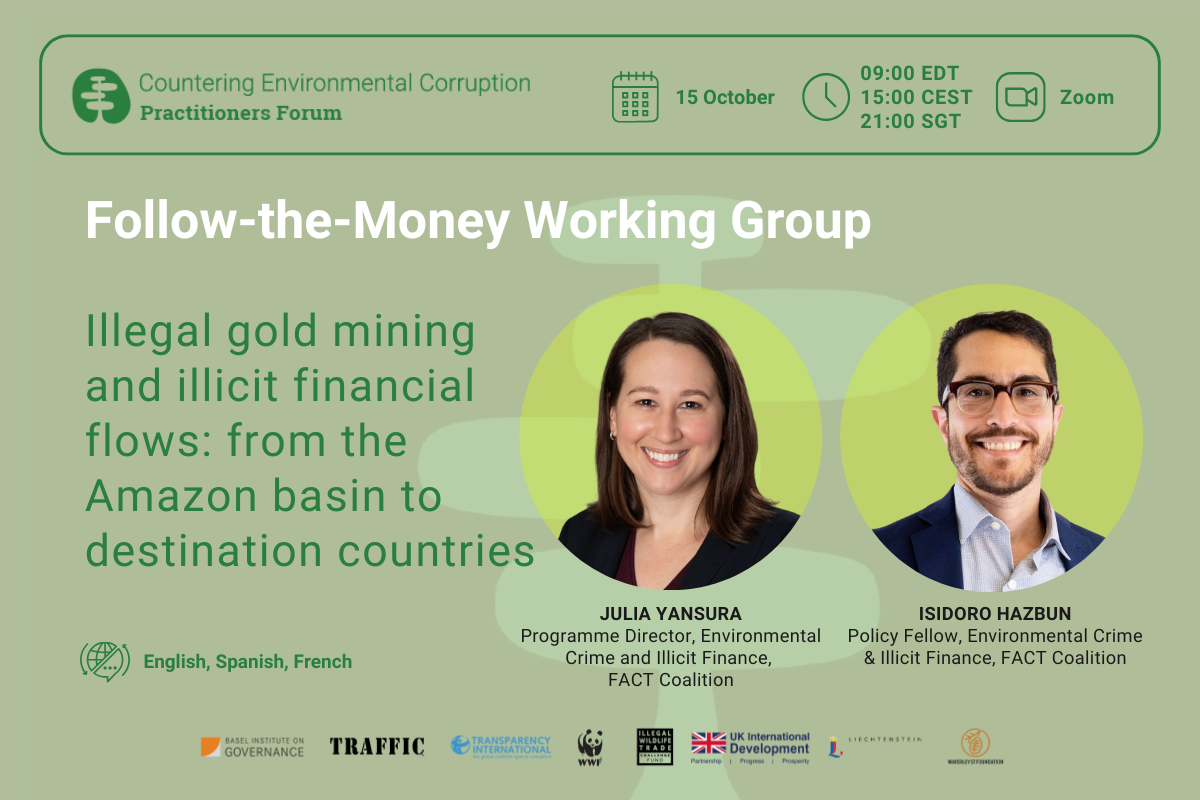Illicit financial flows in commodity trading – and beyond – undermine entire economies and deprive developing countries of vital funds for sustainable development.
At the same time, reconstruction projects must fully address the risks posed by illicit flows and corruption.
This in-person event will examine these challenges and discuss the responsibilities and practical options for stakeholders including development agencies, banks, financial service providers and public authorities.

